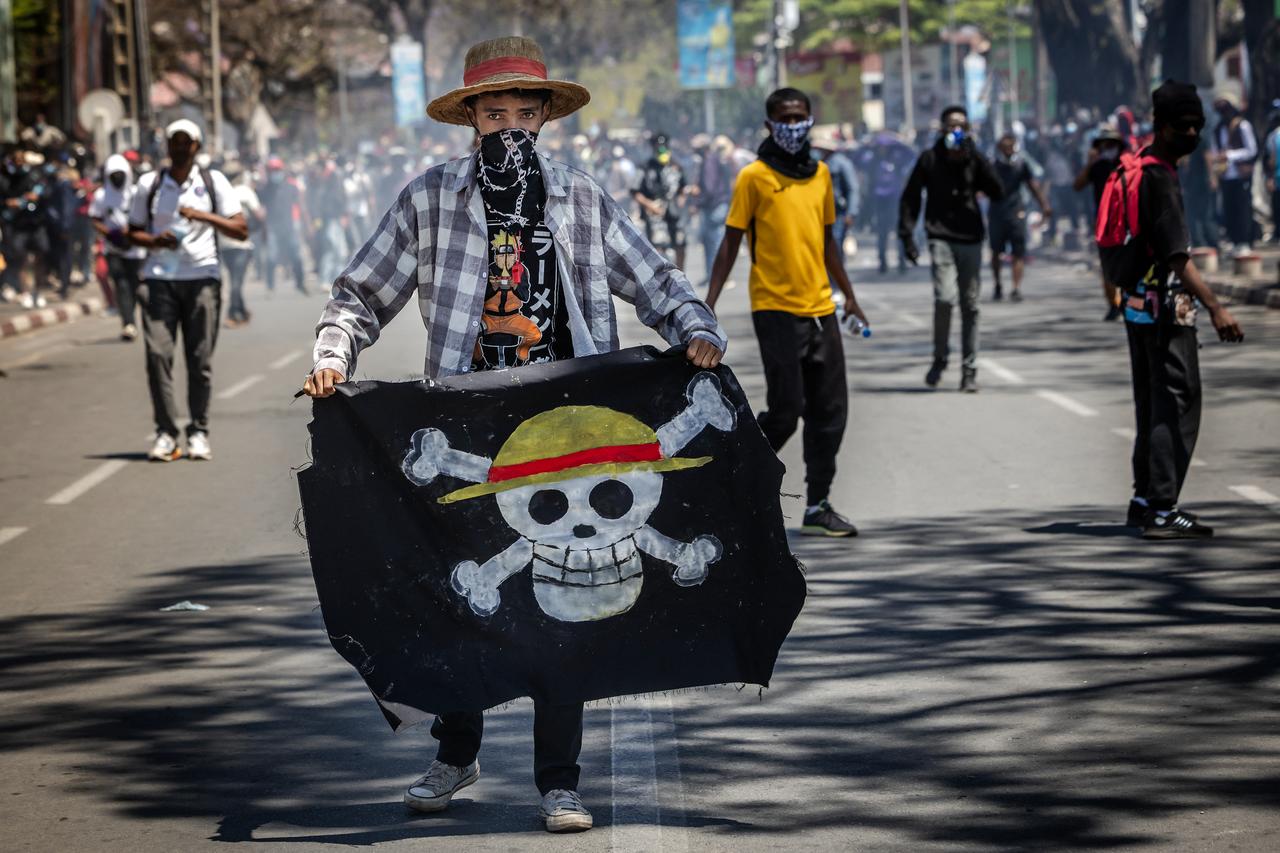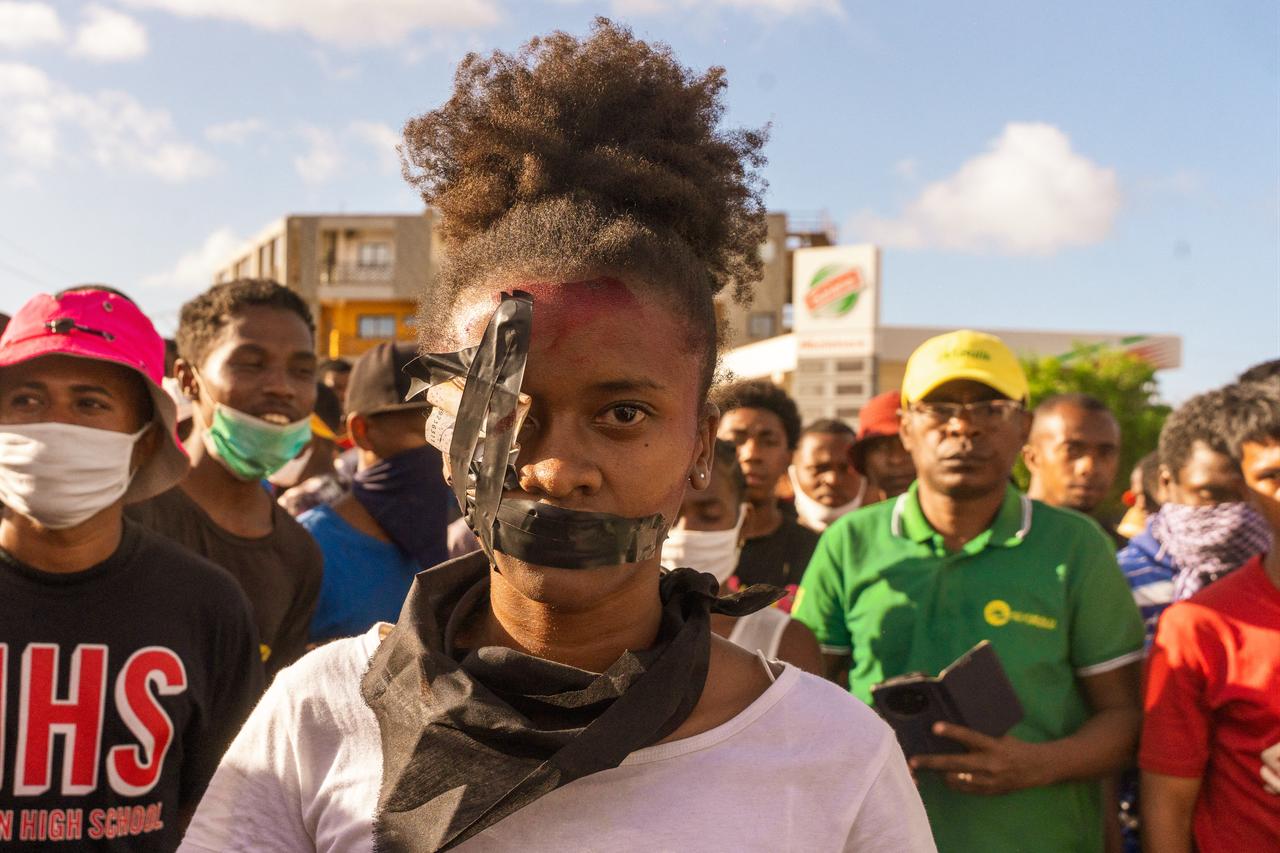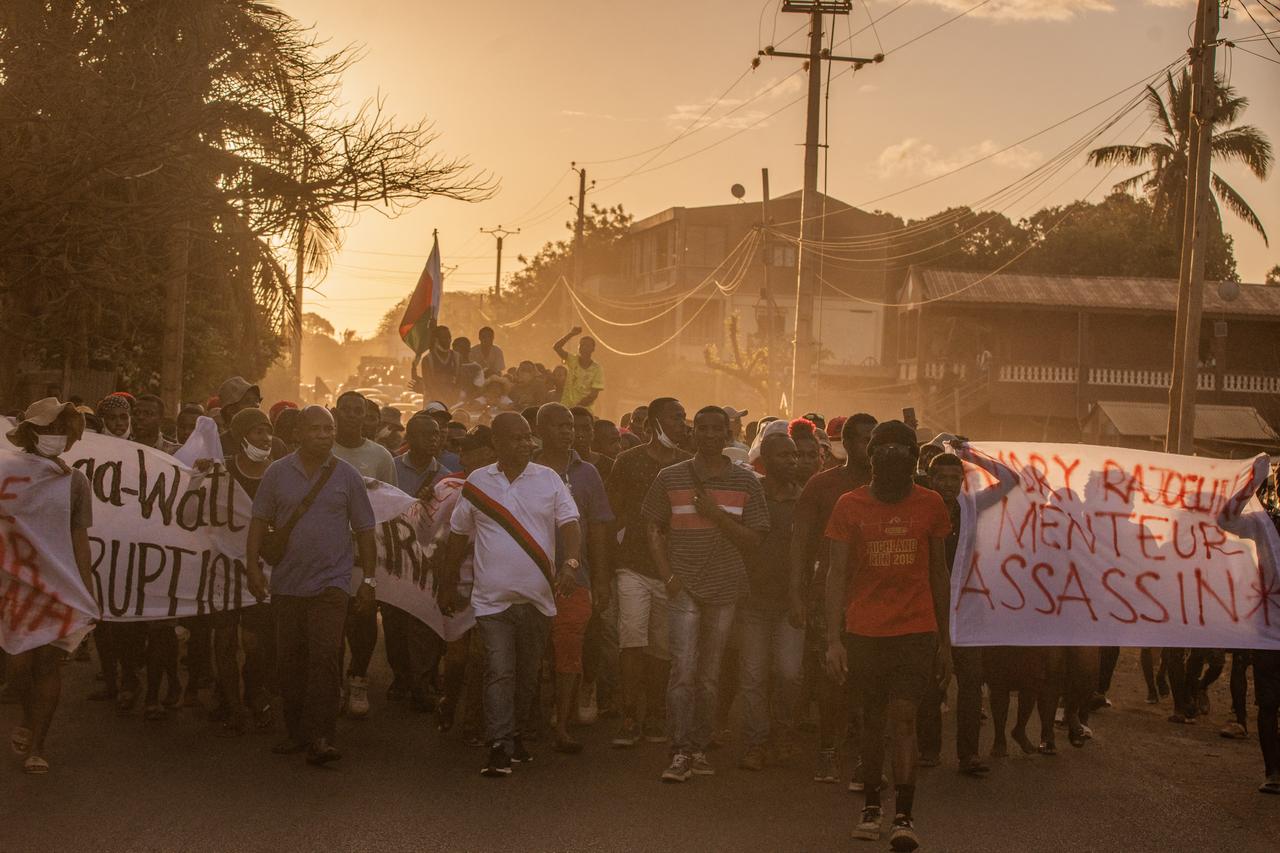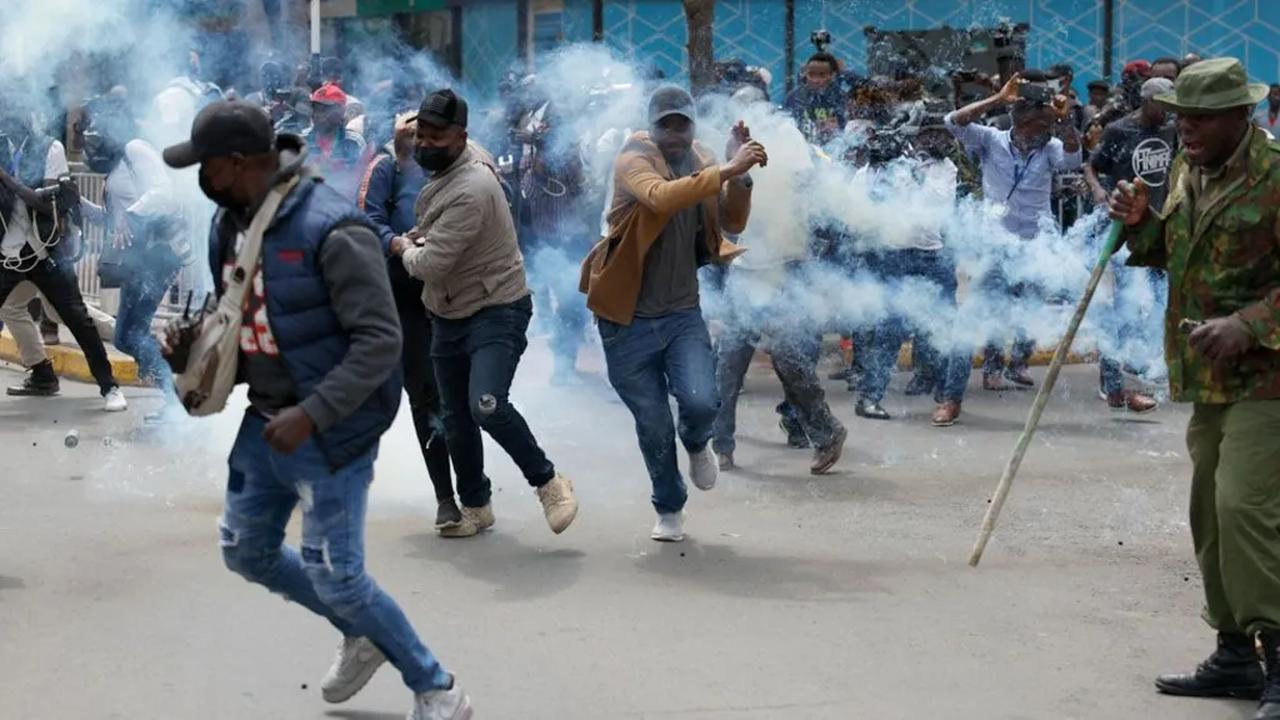
Born between the mid-1990s and the early 2010s, a generation unlike any before emerged—one that never knew a world without the internet.
Raised amid screens, they developed their own language within an open digital universe.
This is Generation Z, the cohort that views the world through the lens of technology and data, redefining values, identity and consumption in its own way.

Research indicates that men and women from Generation Z show a noticeable decline in their desire to run for political office—a marked shift from previous generations.
Despite their interest in public affairs, many lack sufficient knowledge about how to participate politically or join a party.
One major reason behind this is their perception that political engagement requires substantial financial resources.
Their view of political parties is largely negative—they see them as elitist structures driven by the pursuit of power rather than genuine representation of the people.
Most feel disconnected from these institutions, relying instead on social media as their primary source of political awareness.
Studies also highlight that Gen Z voters distrust politicians who project a “perfect” image and are instead drawn to those who display authenticity and human vulnerability.
This shift has redefined political communication, making digital presence more influential than traditional campaigns.

Discord now functions as a virtual command center during mass protests, especially in nations like Nepal, Kenya, and Bangladesh, where digital censorship and government crackdowns are common.
From Nepal to Peru and Morocco, Discord—originally a platform for gamers—has evolved into a key organizing tool
The app enabled Gen Z youth in Nepal to coordinate large-scale protests that ultimately brought down the government.
A recent study by Russia’s Higher School of Economics has revealed how Nepal’s Generation Z used the digital platform Discord to mobilize large-scale protests that ultimately led to the fall of the government.

Analyzing more than one million messages exchanged on the app, researchers found that young activists coordinated rallies, shared updates, and even debated leadership in real time—all without relying on traditional political parties.
The protests, driven by anger over unemployment, corruption, and inequality, showcased a new model of digital-first political organization, where spontaneity and online networks replaced established hierarchies.
Though short-lived, the movement underscored how Gen Z is reshaping activism through the tools of its own generation.

AI-generated political images have emerged as a powerful form of digital activism in Kenya, fueling Gen Z–led protests against the 2024 Finance Bill.
According to sentiment analysis of tweets, these visuals significantly influenced public opinion and amplified youth-driven political discourse online.
For many young Kenyans who feel excluded from traditional politics, AI imagery has become a tool of resistance and expression—transforming social media platforms into spaces of political mobilization and digital protest.
For many young Kenyans, studies noted, AI imagery became a new form of protest—a way to express frustration and demand accountability in a political system they view as closed to them.
After the street protests ended in August 2024, young Kenyans shifted their focus to digital activism.
One of the most controversial trends saw users generating AI-produced images depicting political leaders as dead in coffins or in humiliating poses.
These images sparked intense ethical debate over defamation, freedom of expression, and the moral responsibility that comes with digital political satire.

A recent study published in Jurnal Pewarta Indonesia highlights how political figures are reshaping their communication strategies, turning digital platforms into arenas for real-time engagement rather than one-way messaging.
According to the research, social media has become more than a publicity tool—it is now a space for political mobilization and identity building.
Politicians are increasingly aware that Gen Z voters, who make up a large portion of Indonesia’s electorate, judge leadership not by speeches or rallies but by online presence and digital behavior.
“Gen Z voters expect authenticity, transparency, and quick responses,” says researcher I Komang Widya Purnama Yasa.
“They trust politicians who show their human side and interact directly with them online.”
The study found that nearly half of candidates running for the 2024 Mataram City election used social media as their primary communication channel.
Candidates used social media platforms to host online Q&A sessions and live streams to discuss their policies.
Platforms such as Instagram, TikTok, and X (formerly Twitter) allow politicians to tell personal stories, stream live Q&A sessions, and share behind-the-scenes content.
According to the Election Commission’s observations, 48% of candidates used social media to introduce themselves and engage with young voters.